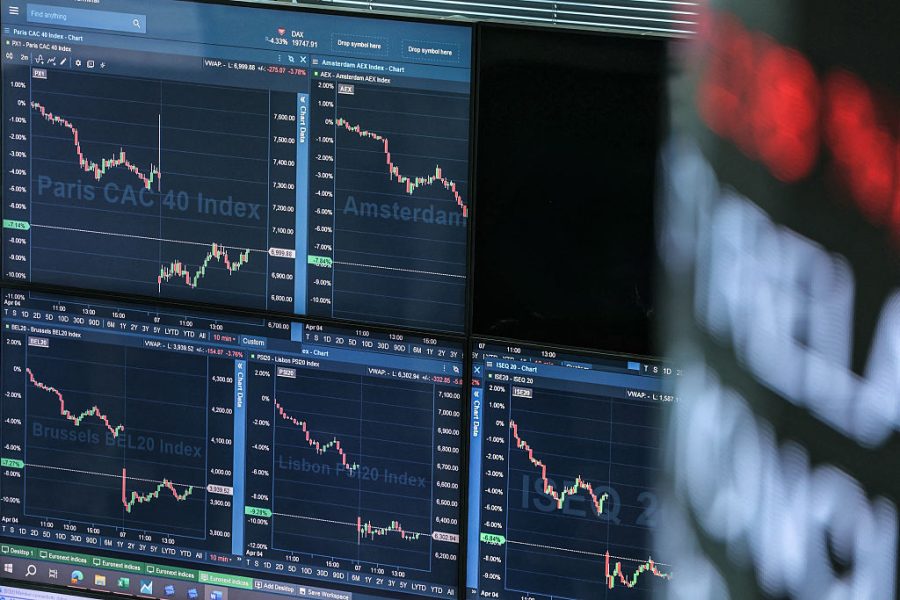Its debts are out of control. There is very little space left to raise taxes any further. And the political establishment can’t agree on anything apart from postponing the whole issue for another year or two. It is a description that could apply to plenty of countries, and not least the UK. But right now, it is one that applies most acutely to France. With yet another government about to fall, and the CAC-40 stock market index falling sharply, the real question is this: will Paris be the centre of the next financial crash?
The French prime minister François Bayrou yesterday took the plucky, if foolish, decision to recall parliament on 8 September for a vote of confidence. He is struggling to pass a Budget that would put in place some modest controls on public spending – not cuts, of course, but a slowdown in the rate of increase – as well as some symbolic gestures such as scrapping two public holidays. It seems highly likely that Bayrou will lose his vote of confidence. As such, the government will fall and President Emmanuel Macron will have to look for another PM – or else call fresh elections.
The hedge funds are clearly targeting France
It is hardly surprising that investors are growing increasingly nervous about France’s debt. The deficit is forecast to exceed 5 per cent of GDP this year and may well go over 6 per cent. Economic growth has ground to a halt. The tax rises imposed last year have done nothing to fix the hole in the nation’s finances, while the debt-to-GDP ratio has climbed over 110 per cent and state spending now accounts for 58 per cent of total output. Lots of European countries are addicted to state spending, but France is leading the way. It already has the third largest stock of outstanding debt in the world, after the far larger American and Japanese economies, and yet it keeps adding to it.
Investors are fretting over the prospect of yet another government falling. The benchmark CAC-40 fell heavily on Monday and was down by another 2.1. per cent this morning, far more than by any other major market. The yield on the country’s 10 year debt is now among the highest in the eurozone. It has already overtaken Greece and Portugal, nations at the heart of the last crisis, and it is very close to overtaking Italy.
Shares in major French banks such as Societe Generale and BNP Paribas, both of which are assumed by investors to be heavily exposed to French government debt, are down by 7 per cent and 5p per cent respectively today. The hedge funds are clearly targeting France, and shorting bank shares is the easiest way to play that trade.
The high-risk scenario is that the bond markets crash, one or more of the major banks run out of money, and the European Central Bank has to step in with a rescue. Once that happens, no one knows how it will play out. But one point is clear: it will be very messy.
Of course, it may well blow over – as it has in the past. President Macron may be able to find a prime minister who can cobble together a Budget. Or fresh elections may elect a centrist administration that can start the hard grind of bringing spending under control. But right now, it does not look very likely. No one knows where the next financial crash will start. But Paris is looking increasingly like the trigger.






Comments